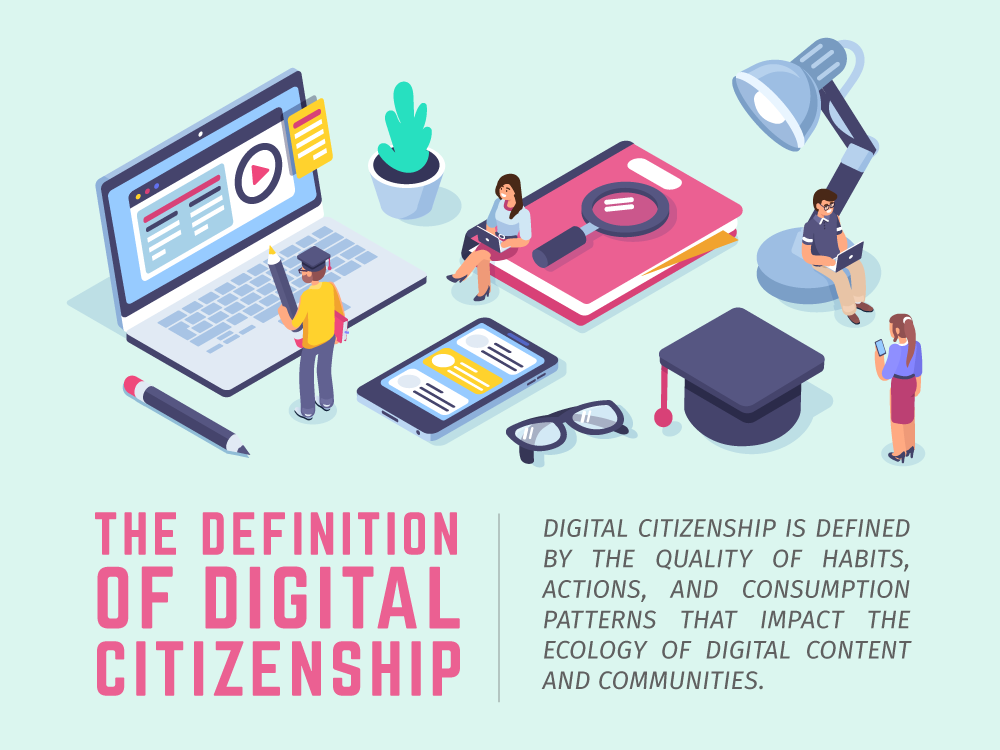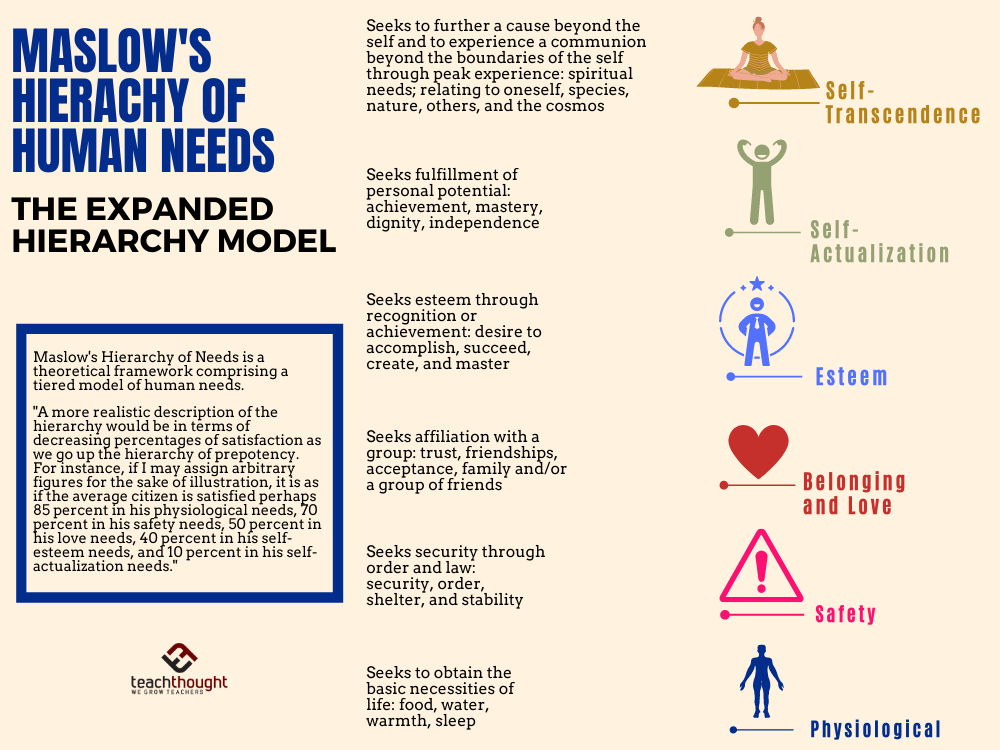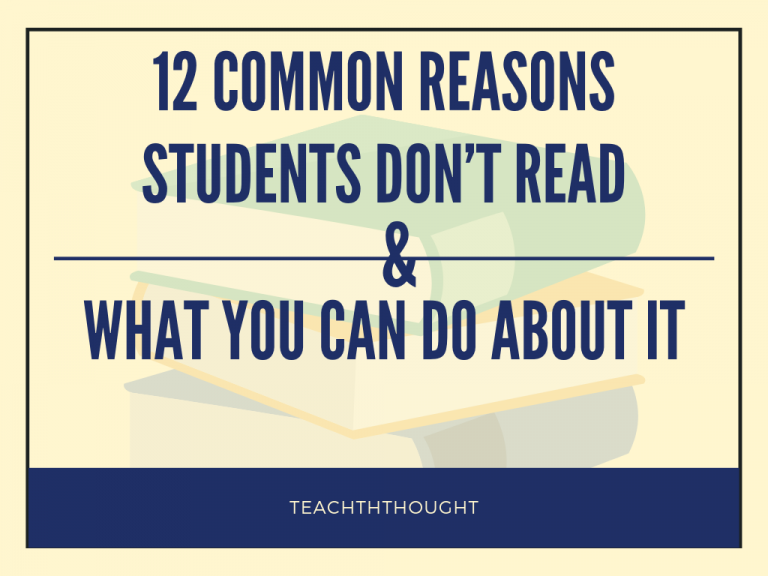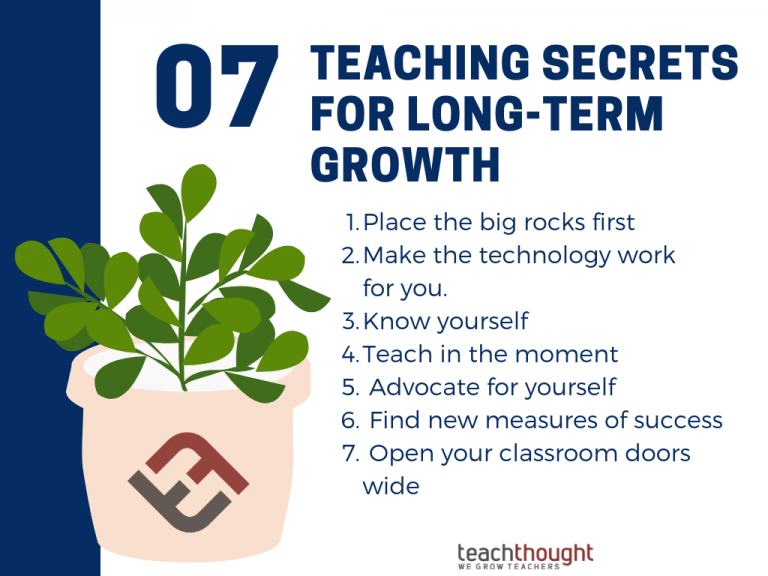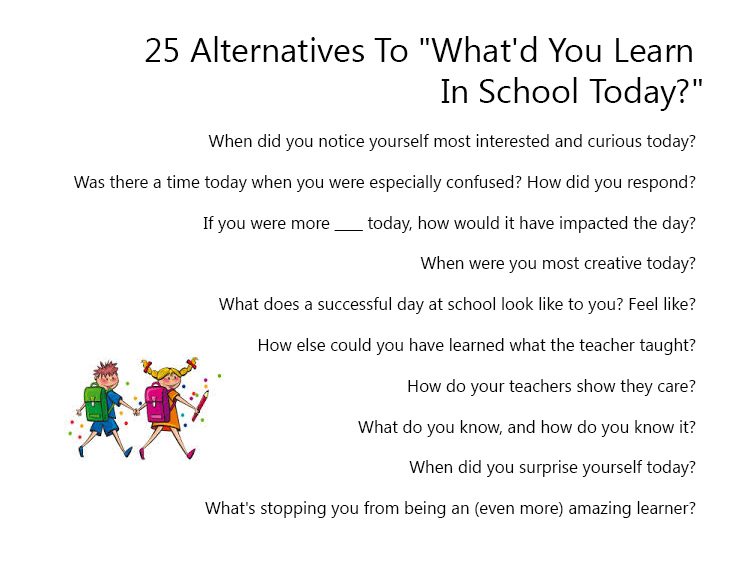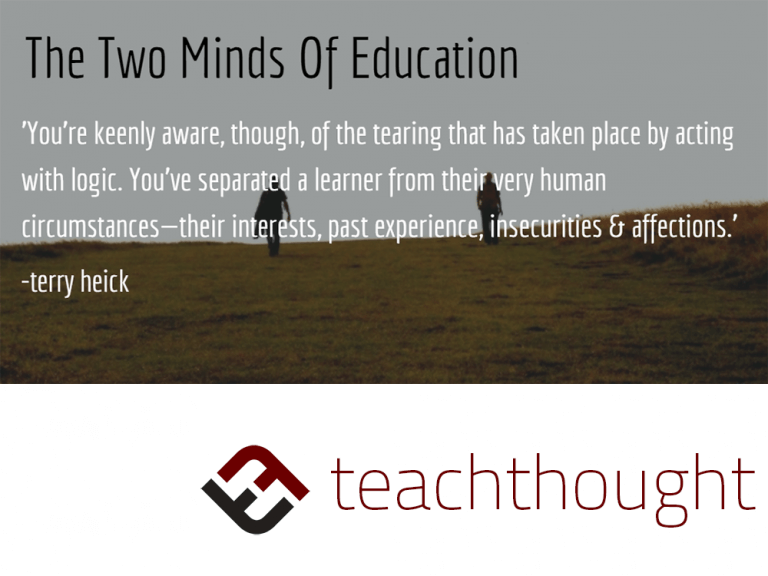Digital Citizenship: A Definition For Teachers
by Terry Heick
As more and more students interact digitally–with content, one another, and various communities–the concept of digital citizenship becomes increasingly important.
Which begs the question: what is digital citizenship?
Well, first citizenship, which is formally defined as “the quality of an individual’s response to membership in a community.” This makes citizenship far more complex than a simple legal matter, but rather one that consists of self-knowledge, interaction, and intimate knowledge of a place, its people, and its cultural history.
So digital citizenship is nearly the same thing–“the quality of a response to membership in a digital community” would be a good first crack at the definition.
Revising that might more clearly articulate the differences between physical and digital communities, so a decent definition of digital citizenship then might be “Self-monitored participation that reflects conscious interdependence with all (visible and less visible) community members”
But that leaves out the idea of content itself, which leads us to a pretty good definition for educators: “The quality of habits, actions, and consumption patterns that impact the ecology of digital content and communities.”
Still too wordy? Maybe a shorter version for students–with some moral imperatives and implied advice–could be: “the self-monitored habits that sustain and improve the digital communities you enjoy or depend on.”
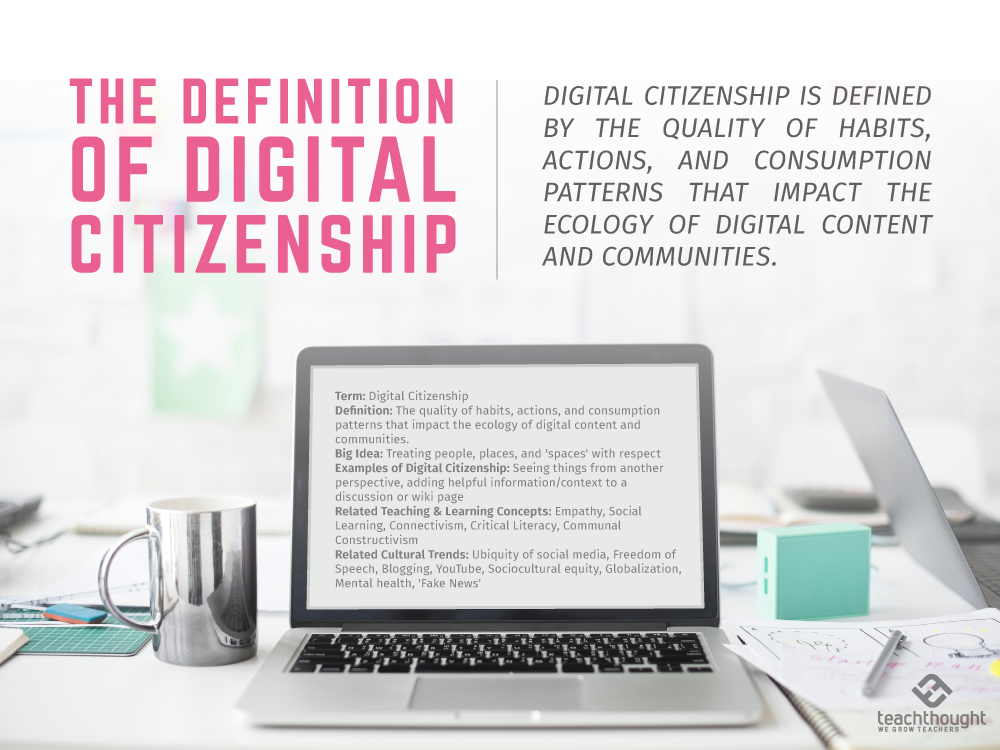
Overview
Term: Digital Citizenship
Definition: The quality of habits, actions, and consumption patterns that impact the ecology of digital content and communities.
Examples of Digital Citizenship: Communicating with respect, respecting others’ privacy, seeing things from another perspective, adding helpful information/context to a discussion or wiki page, supporting others by offering useful feedback, encouraging them, or sharing work they’re proud of, etc.
See also Inspiring Quotes About Life
Big Idea: Treating people, places, and ‘spaces’ with respect
Related Teaching & Learning Concepts: Empathy, Social Learning, Critical Literacy, Connectivism, Communal Constructivism
Related Teaching & Learning Resources:
63 Things Every Student Should Know In A Digital World
Moving Students From Digital Citizenship To Digital Leadership
Related Cultural Trends: Adaptive algorithms, disinformation and disinformation campaigns, ubiquity of social media, political ‘discussions’ on social media platforms, Freedom of Speech, ‘Global-Local’ social norms (i.e., China/free speech), Blogging, YouTube, Sociocultural equity, Globalization, Mental health, Bullying/Trolling, Clickbait, Critical thinking
The Definition Of Digital Citizenship
